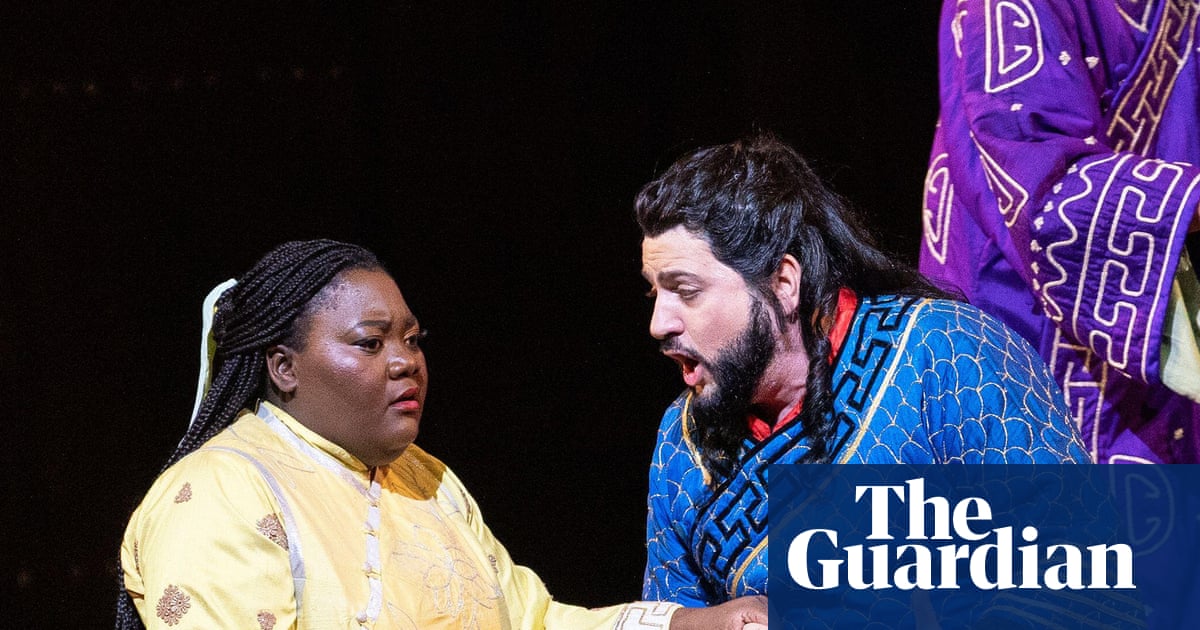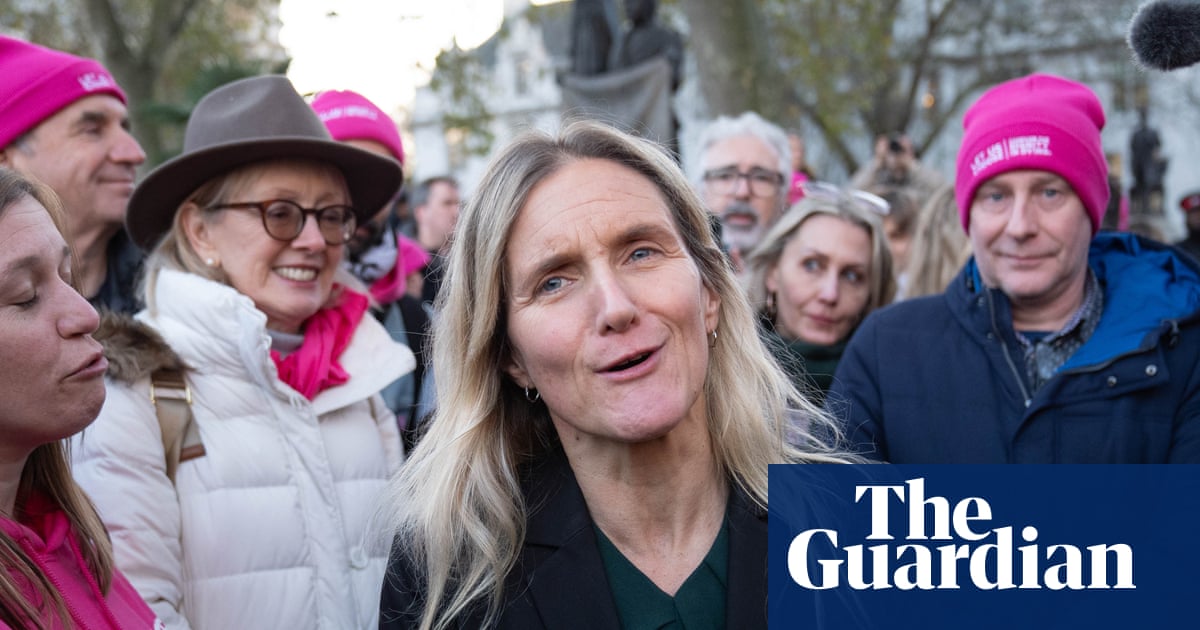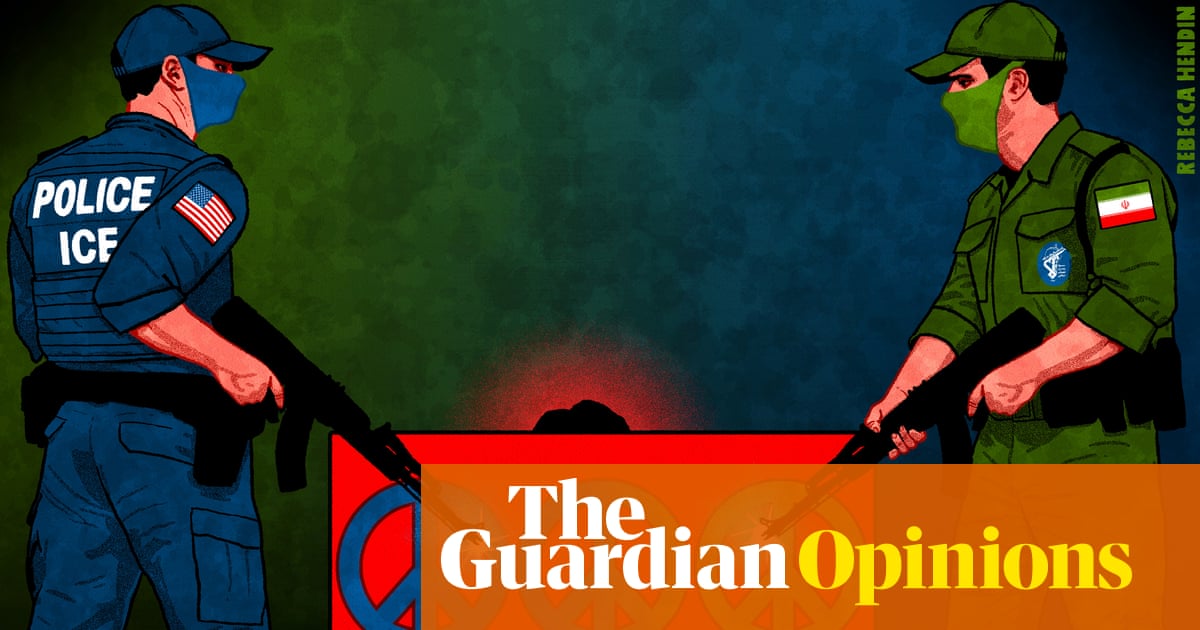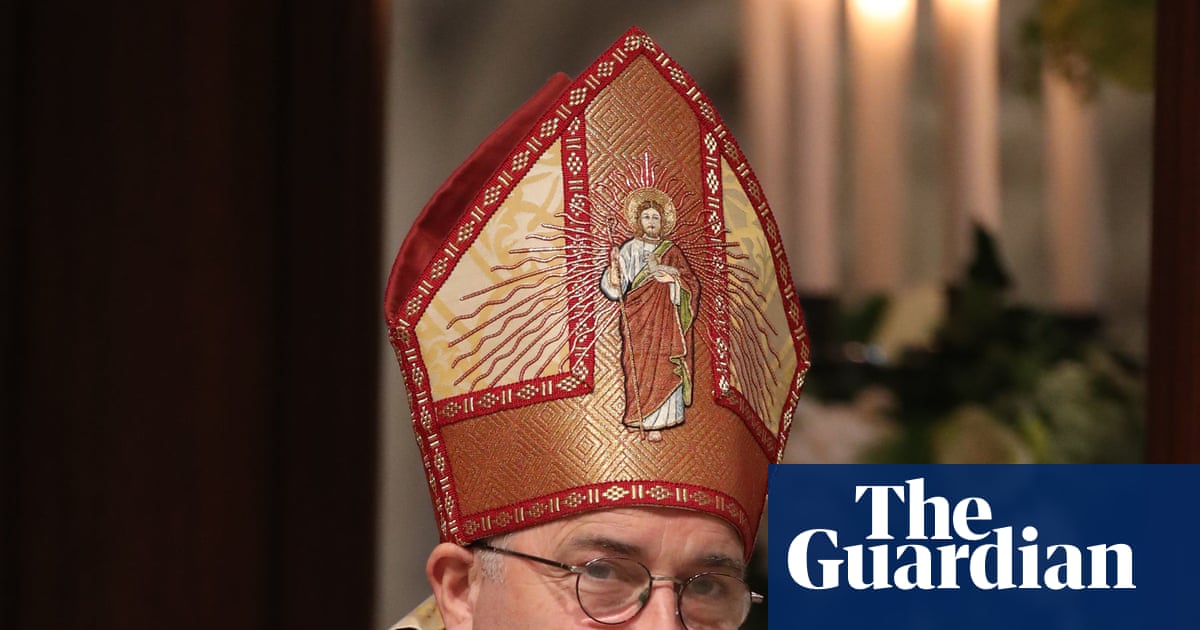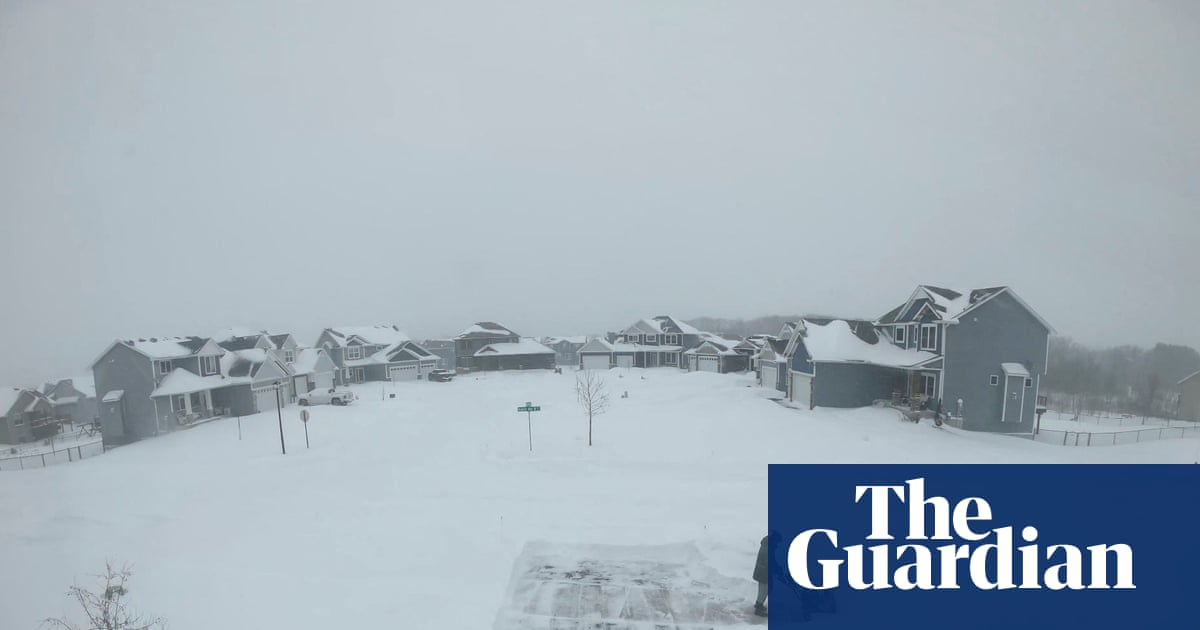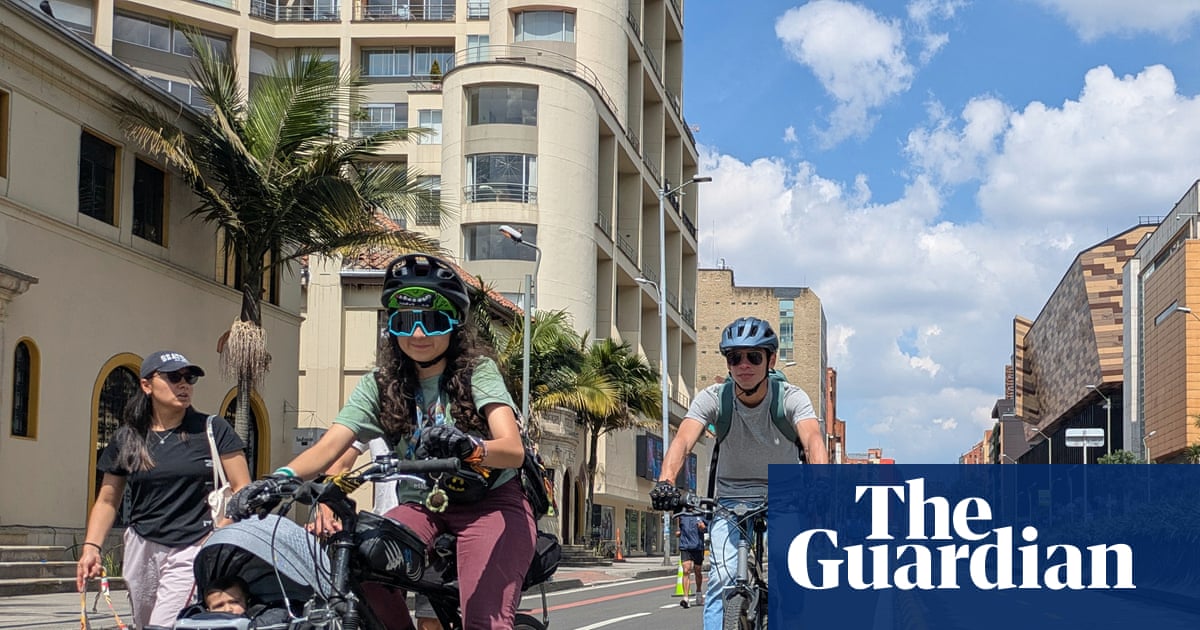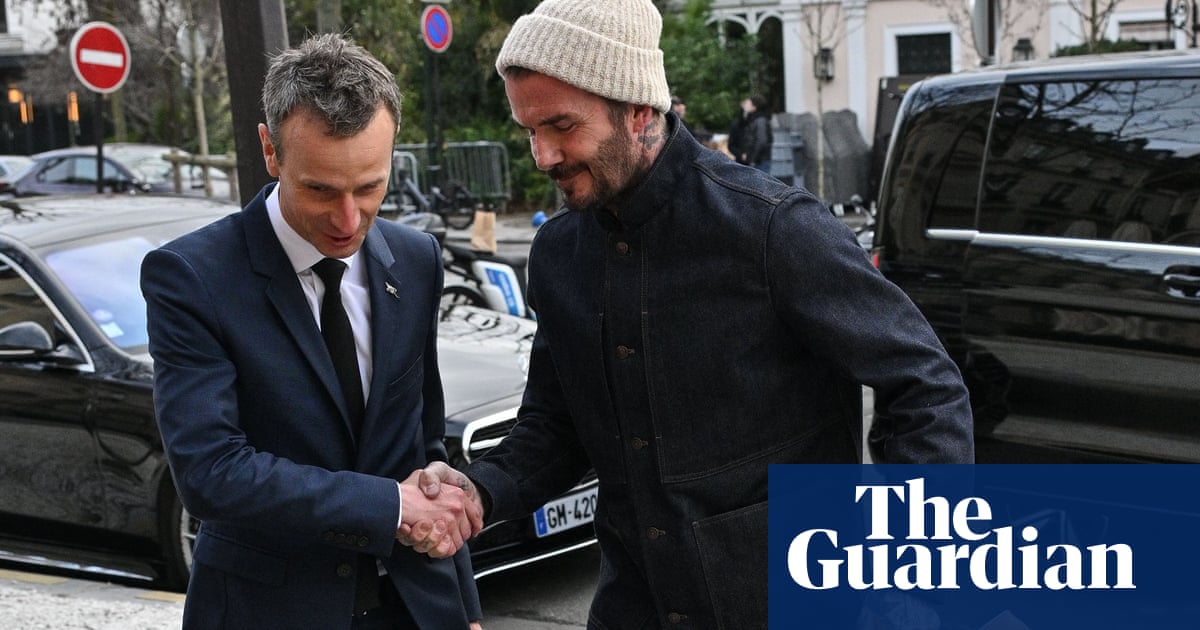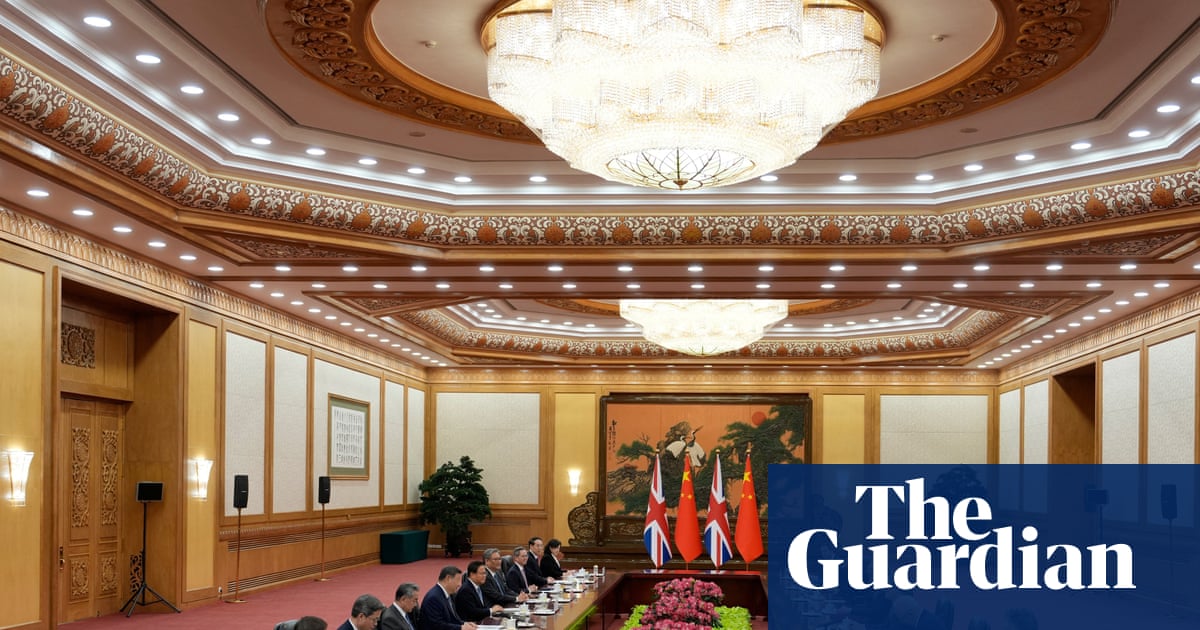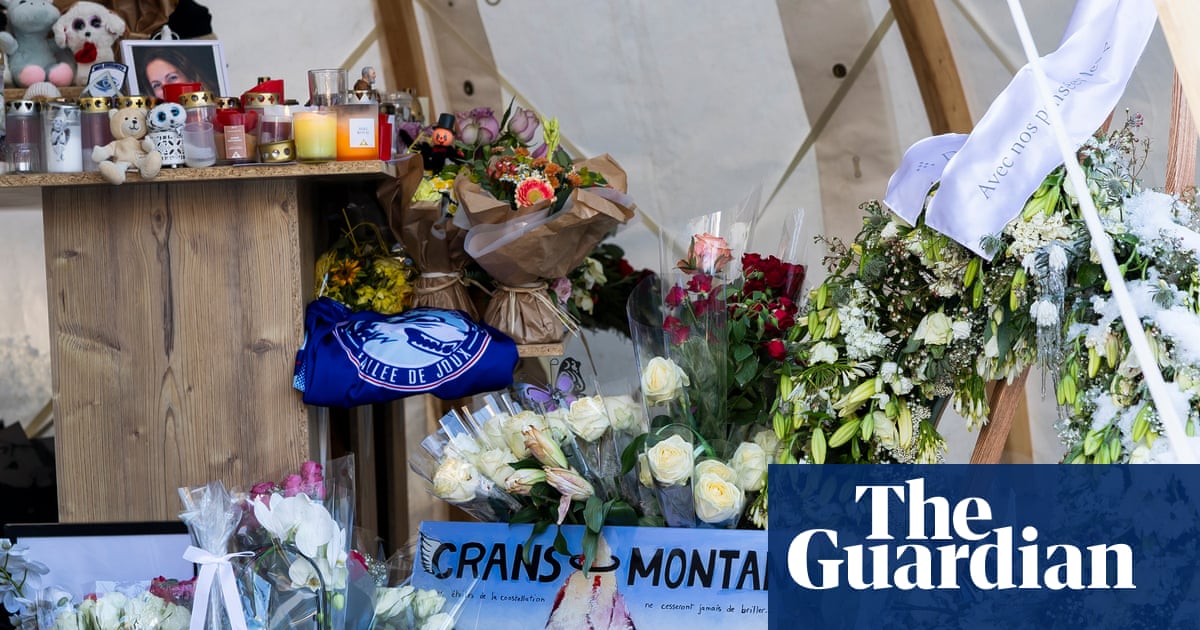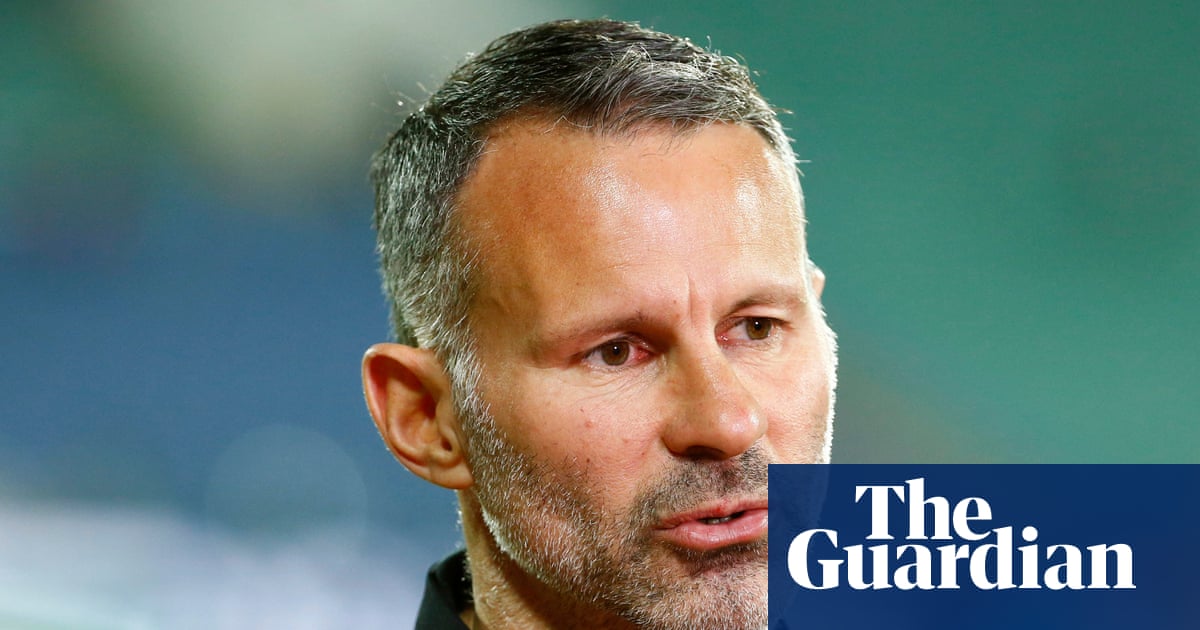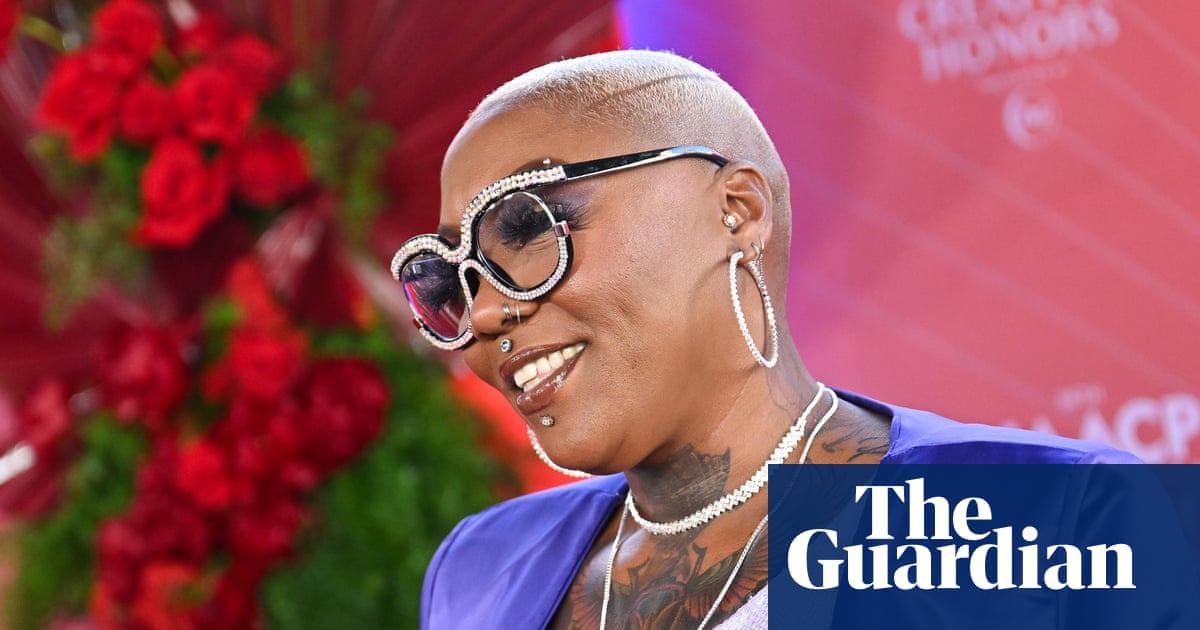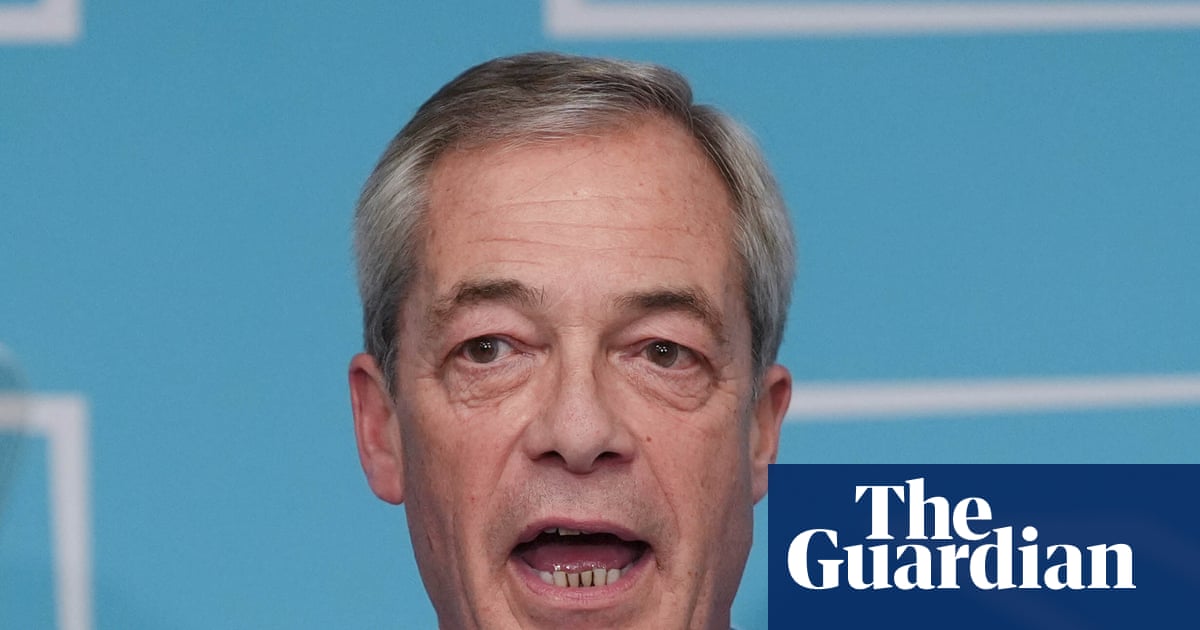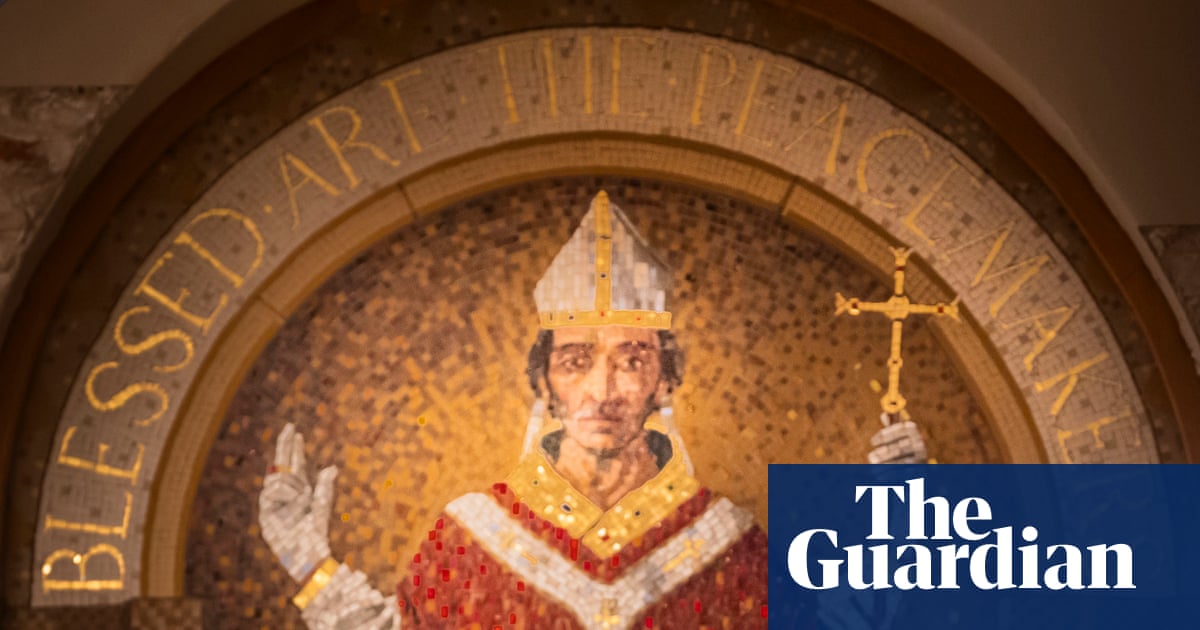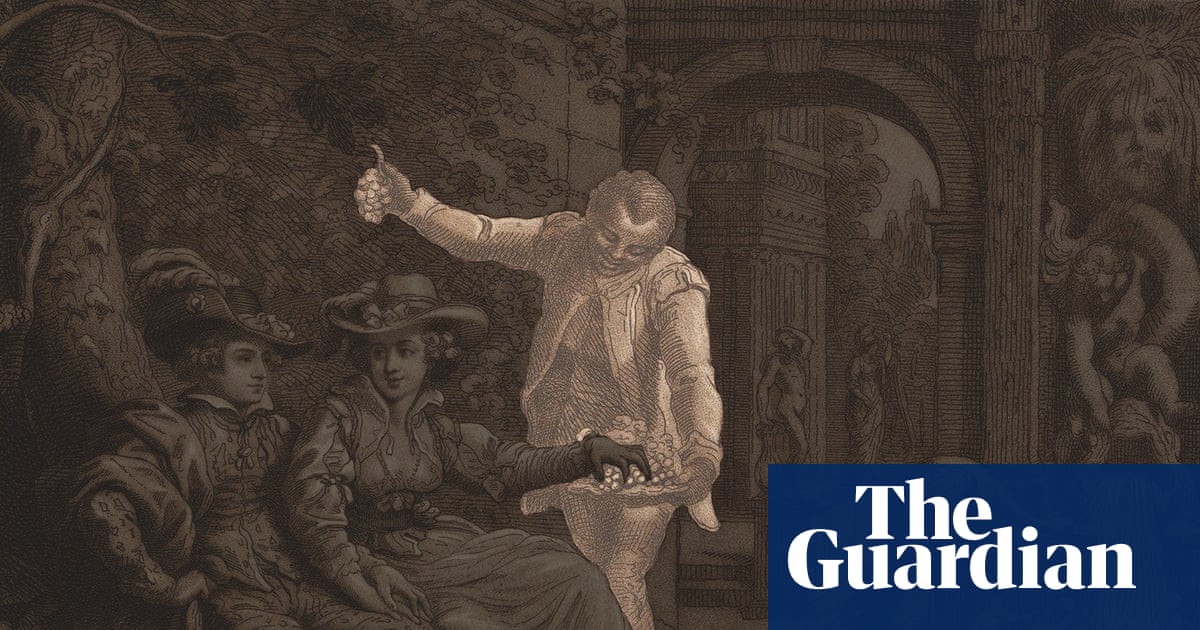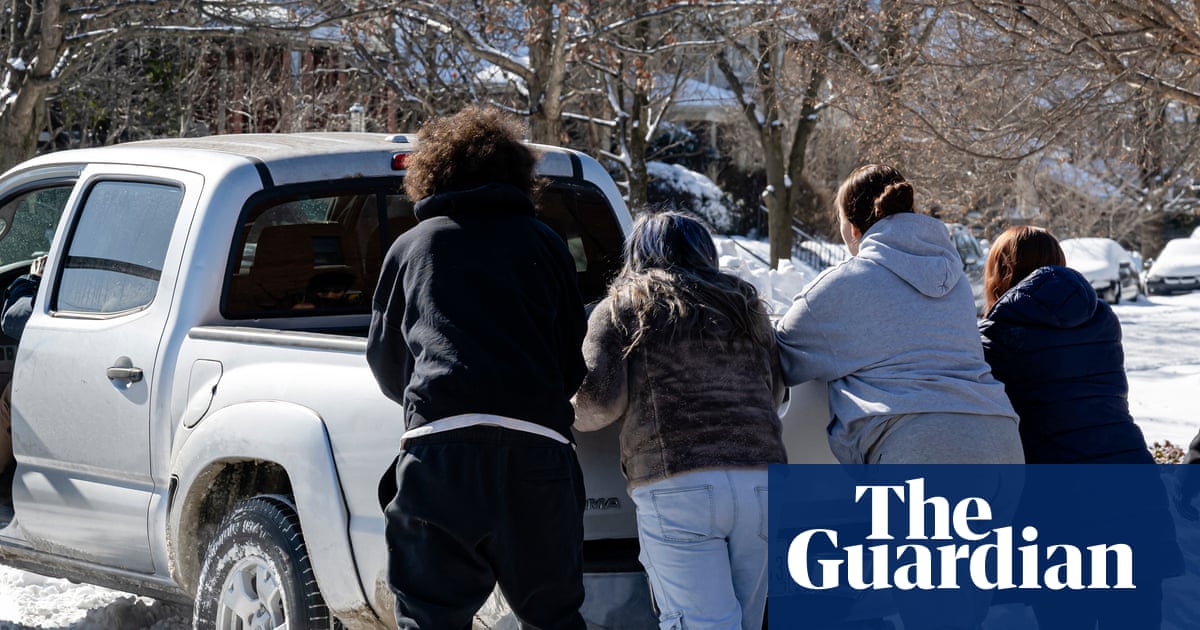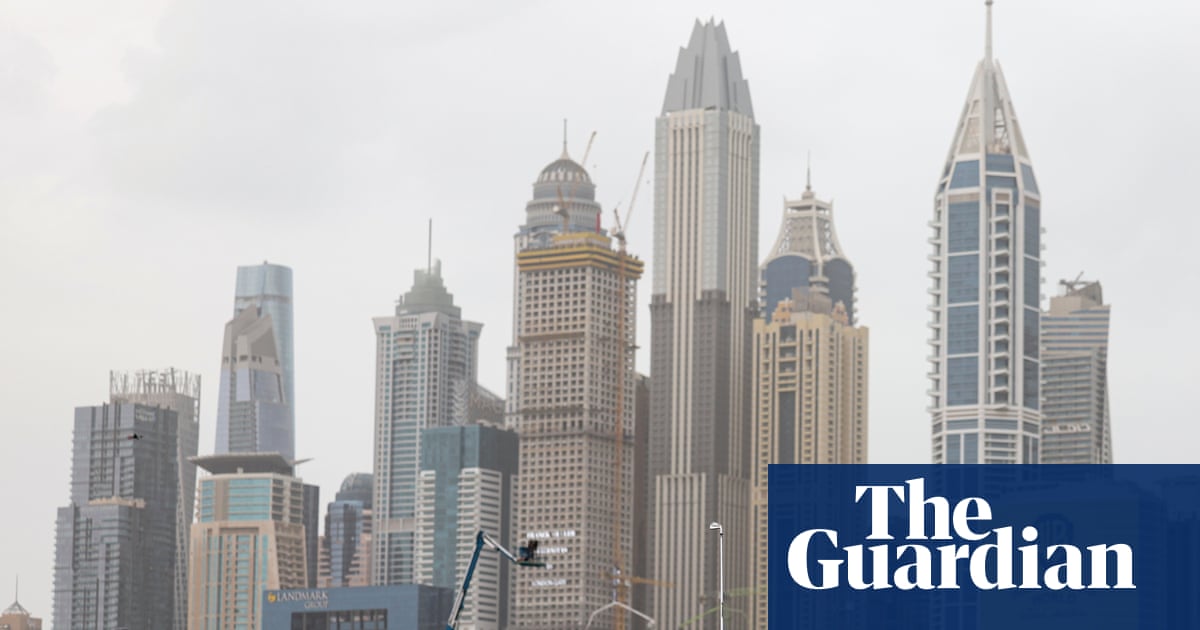Even before José Antonio Kast popped into his high-altitude restaurant for a plate of alpaca ribs, Carlos Valdebenito Pacheco was set on voting for the ultra-conservative favourite to become the next president of Chile.
“Without a doubt – 100%,” enthused the 55-year-old waiter from Visviri, an isolated Andean outpost more than 4,000 metres above sea level on Chile’s triple border with Bolivia and Peru.
A few days earlier, Kast and his entourage had driven for hours along treacherous mountain roads to reach the volcano-flanked farming community – population 120 – in their country’s northernmost tip.
Valdebenito said it was Kast’s hardline stance on security and migration that drew him to a politician whose ideological bedfellows include rightwing figures such as Italy’s Giorgia Meloni, Brazil’s Jair Bolsonaro, Hungary’s Viktor Orbán and El Salvador’s authoritarian leader, Nayib Bukele.
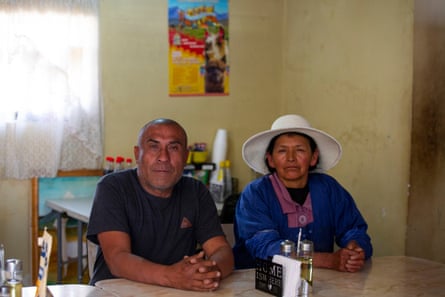
“An iron fist! That’s what we need! Like a Bukele!” Valdebenito declared, in reference to the Central American president who has imprisoned at least 2% of his country’s adult population as part of a controversial crackdown on gangs.
Polls suggest many of Chile’s 15 million voters agree. Heading into Sunday’s first round, the ruling coalition’s Communist party candidate, Jeannette Jara, leads the race, with 25% of expected votes to Kast’s 23%. But political observers believe Kast, 59, an admirer of the dictator Augusto Pinochet known for his opposition to abortion and same-sex marriage, is likely to win a 14 December runoff, continuing a rightward tilt in South America. In recent days polls have shown the radical libertarian Johannes Kaiser – who has been described as Chile’s answer to Argentina’s rightwing president, Javier Milei – closing in on Kast.
Kast’s draconian pitch to voters on crime and immigration has a distinctly Trumpian feel, with the far-right leader promising to put “Chileans first” after four years under the centre-left former student leader Gabriel Boric, who came to power after mass protests rocked the country in 2019.
One Trump-style plan – called Escudo Fronterizo (Border Shield) – envisions building hundreds of miles of ditches, barriers and walls along Chile’s desolate northern border to keep immigrants out. More than half a million Venezuelans have arrived in Chile since their country’s economic collapse triggered one of the greatest migrations in Latin American history, with about 8 million Venezuelans fleeing abroad since 2017.

“Chile has been invaded … But this is over,” Kast declared in one campaign advert that shows him striding through the vicuña-dotted wilderness.
Another initiative envisages an unforgiving Bukele-style offensive against foreign criminals, who Kast accuses of plunging Chile into bloodshed and chaos. “We are worse off than Liberia, Botswana and Swaziland,” says an official summary of that plan, which calls for narco bosses to be held in solitary confinement and sentences increased for organised crime.
Pollyana Rivera, a pro-Kast politician and television journalist in Arica, an arid port city six-hours’ drive from Visviri on the border with Peru, claimed Chile was “facing a critical emergency situation”.
During a tour of Arica’s border checkpoint, Rivera, who is running for congress for Kast’s Republican party, claimed Chile was “on the edge of the abyss” – the title of a book she wrote about the supposed leftwing threat to Latin America.

“If there isn’t change in Chile soon – if there aren’t strong, noteworthy, unrelenting measures against the criminals and robust measures against uncontrolled immigration – Chile could fall into the abyss just like Venezuela or Cuba,” she said.
Rivera said Kast’s plan for 5-metre walls, electric fences and 3-metre deep trenches along the border – as well as an increased military presence – had been inspired by trips to Israel and Hungary.
While visiting the EU country, Kast visited Orbán’s controversial fence on the border with Serbia and called the Hungarian prime minister “a beacon” in the fight against asylum seekers. At a rightwing conference in Budapest, Kast echoed Trump’s hostile rhetoric towards migrants, claiming Chile had been overrun by thousands of foreigners, “among them … criminals, murderers, members of international gangs, rapists and abusers”.
In October, Kast celebrated how 1.6 million migrants had “self-deported” from the US after 500,000 were deported under Trump. “That’s [a proportion of] three-to-one. Here, we think that it can be four-to-one, or five-to-one,” he said of his plans to create a hostile environment for immigrants in Chile.
Kast’s opponents and human rights activists voice scepticism and alarm over his drastic plans. Vlado Mirosevic, a centre-left politician in Arica, believed the presidential hopeful was selling grandiloquent “illusions” to voters over immigration and crime.

Mirosevic, a Boric ally who is running for the senate, acknowledged Chile’s security crisis was real, with an increase in crimes such as assassinations, kidnapping and extortion. Arica, a once tranquil city of 245,000 residents, has been particularly hard hit, with its murder rate soaring to record highs, partly because of the arrival of Venezuelan gangs such as Tren de Aragua.
But Mirosevic believed a Bukele-style crackdown was unthinkable in a democratic nation such as Chile, which remains one of Latin America’s safest despite rising crime. “The Bukele [model] is impossible to replicate, because it’s clearly a violation of the rule of law,” Mirosevic said. “Carrying out night-time raids and holding people without an arrest warrant and leaving them in jail without trial for a year – that cannot happen in Chile.”
Even some of Kast’s regional allies balk at the idea of using walls and fences to shut Chile’s northern border, an inhospitable immensity of sparsely populated deserts and plateaux where mountain lions, alpacas and llamas roam free. “It makes no sense, no sense at all,” said one Kast supporter, who asked not to be named. “The border is far too big.”
Still, Mirosevic believed Kast’s propaganda campaign – turbocharged with visits to far-flung border villages such as Visviri, 2,200km (1,367 miles) from the capital, Santiago – was working. Voters were lapping up Kast’s promises “like hotcakes in the street”.
Kast’s plans have unsettled immigrants, who fear a crackdown if he wins.
One afternoon in Arica, two undocumented decorators – a married couple from the Venezuelan city of Valencia – described fleeing police violence and poverty back home and hiking into Chile through Peru and Bolivia after paying people smugglers $200.
The pair, who asked not to be named, said they were thankful Chile had offered them a fresh start away from their disintegrating homeland but sensed an increasingly frosty atmosphere, with Venezuelans being demonised as criminals and scroungers.
“We are trash to him,” the 38-year-old Venezuelan man said of Kast.
His 42-year-old wife said her children had suffered racism at school, with other students refusing to play with them because of their nationality. Her son had been physically attacked. If she met Kast, the churchgoing mother said she would invite him to their small home and tell him: “This is how I live. This is what I do … I’m not a bad person for society – I’m a good person … Give us a chance.”
That nervousness contrasts with excitement in Washington over a conservative wave that Trump officials believe is sweeping South America.
Last month, neighbouring Bolivia elected a centre-right president after two decades of socialist rule. Next year, rightwing candidates look well positioned to win the presidencies of Colombia and Peru. In the region’s biggest democracy, Brazil, the leftwing leader Luiz Inácio Lula da Silva, faces a tough fight against the far right, which has been emboldened by a recent police crackdown in which 117 alleged criminals were killed, including a 14-year-old boy. Milei emerged victorious from recent midterm elections in Argentina after a $40bn bailout from Trump.
Conservative voters in Arica voiced elation that Chile may soon join that club with Kast.
“He’s the one who’s going to save our country … from all the bad things that are happening,” predicted retiree Rita Moya, 67, as she took a stroll through the city’s bustling shopping district.
Another local, Gladys del Tránsito Osorio Verdugo, shed tears as she described being robbed at knife-point by two foreign men she suspected were Colombians.
“We have great faith in Kast,” said Osorio, 69. “We want him to save this country – because this country never used to be like this.”
Additional reporting Priscila Duarte

 2 months ago
40
2 months ago
40
